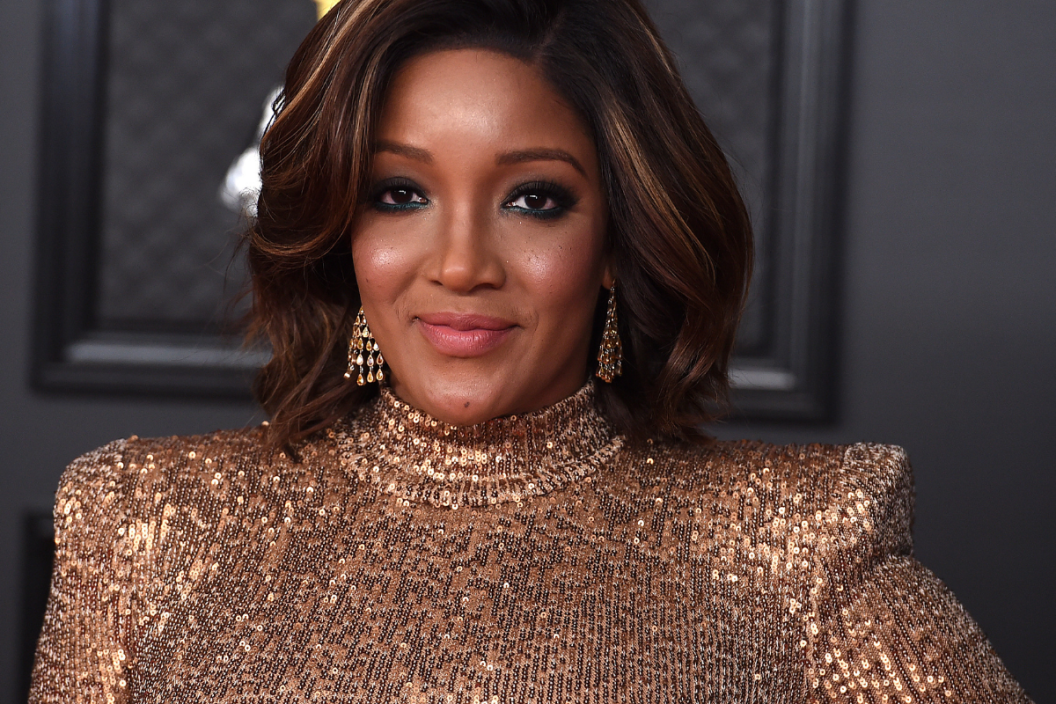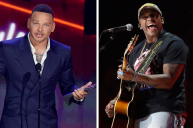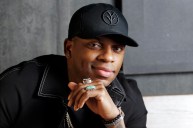A new study by SongData's principal investigator Dr. Jada Watson shows that Black country artists remain underrepresented in country music. In the study, Redlining In Country Music: Representation in the Country Music Industry (2000-2020), Watson examines the last 20 years of country music airplay, noting that only 2.7% of country radio airplay in the last two decades included songs by BIPOC (Black, Indigenous and people of color) women.
In the study, Watson explains that the report "draws on datasets of the 11,484 songs played on country format radio (2002-2020), the 411 artists signed to the three major Nashville labels (2000-2020), and the 187 artists nominated for Country Music Association and Academy of Country Music Awards (2000-2020)."
Watson reports that, overall, BIPOC artists make up less than 4.0% of the commercial country music industry.
Of the 2.3% of the airplay BIPOC have recieved over the last nineteen years, 95.7% were songs by BIPOC men and 2.7% were for songs by BIPOC women - including cross-over artists. The remaining 1.6% were songs by other BIPOC men.
Recently, Darius Rucker's "Beers and Sunshine" hit No. 1 on Billboard's Hot Country Songs chart.
Billboard reports that Kane Brown recently launched his own imprint, 1021 Entertainment, a joint venture with Sony Music Nashville and Sony Music Nashville recently signed African-American artist Willie Jones, who released "American Dream" in January.
Watson noted that in the past 19 years, Black women have not had enough airplay to reach the Top 20 of the chart, which limits opportunities within the country music industry.
Watson notes that these disparities are "not just historic issues, they are contemporary issues."
"This report shows that the industry's business model is a self-fulling prophecy that maintains the white racial framing on which the industry was established in the 1920s," Watson writes.
As noted in Ken Burns' Country Music docuseries, it was racial segregation that led the record industry to create the category of "race" records and "hillbilly music," which would later be rebranded as country music — even though Black and white artists were essentially recording the same music.
"In the days of the early recording industry, some folks realized that if you started to segment the music based on who was playing it and who you thought it was marketable to, you could turn a little bit bigger profit or control the market a little bit more. So we invented these categories of 'hillbilly' versus 'race,' music," musician, activist and historian Jake Blount told Wide Open Country in 2020. "Traditionally, the way that that worked is the hillbilly musicians were white musicians playing for white audiences. That's who those records were marketed to."
Read More: Jake Blount Traces the Black Roots of Country Music on 'Spider Tales' [Interview]
At the 2021 Grammy Awards, Mickey Guyton became the first solo Black woman to be nominated for a Grammy in a country category for her song "Black Like Me." (The Pointer Sisters received a Grammy for Best Country Performance by a Duo or Group in 1974.) Guyton, who released the EP Bridges last year, will co-host the 2021 ACM Awards with Keith Urban.
"Guyton has received no support from country format radio," Watson writes. "The historic underrepresentation of BIPOC women in this industry doesn't just impact representation in the country industry, but it also radiates into the broader industry, which then impacts public perception of what it means to be 'country.'"
In 1969, Linda Martell made history when she became the first African American woman to perform on the Grand Ole Opry. Martell would land three singles on the country charts, perform on Hee Haw and release the 1970 album Color Me Country. But in a 2020 interview with Rolling Stone, Martell said she was not always embraced by country music audiences and faced heckling and name-calling.
"That was a time and a half," Martell said. "Don't get me wrong. There were some beautiful people. And some not that beautiful."
In 1993, Charley Pride became the first Black singer to be invited to join the Grand Ole Opry. In 1967, Pride became the second Black performer to perform on the Opry, following harmonica player DeFord Bailey, who appeared on the program from 1927 to 1941. Darius Rucker is the only other Black singer to become a member of the Opry. (Rucker was inducted in 2012.)
Rissi Palmer, Andrea Williams, Cam and Maren Morris recently discussed diversity and representation in country music on Palmer's Apple Music show Color Me Country.
Watch their conversation below.
Now Watch: Willie Jones Hits the Open Road in Sweet Video for 'Windows Down'




